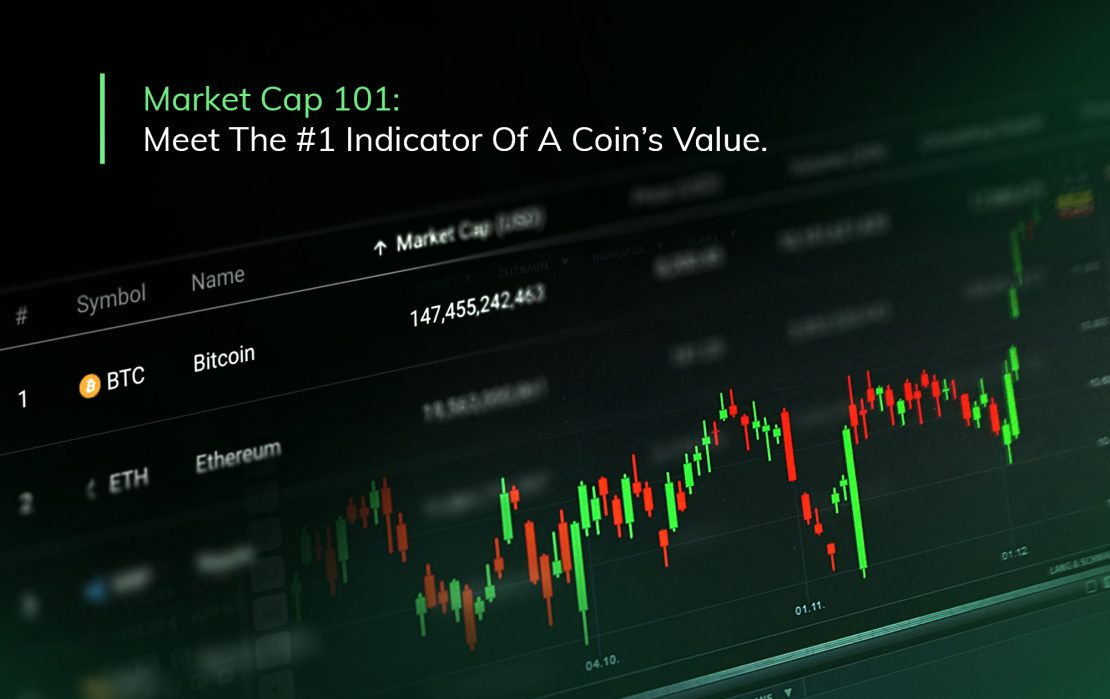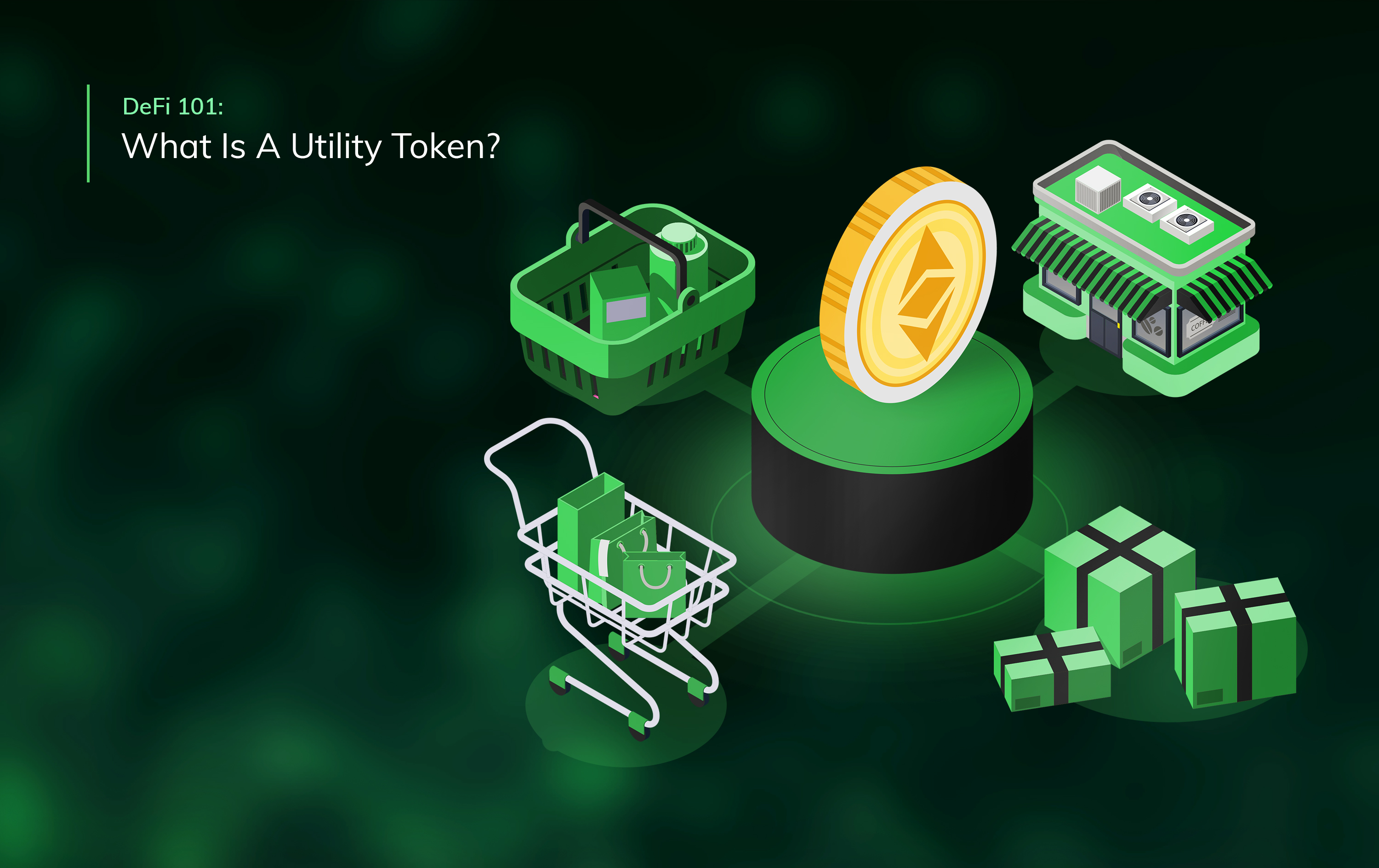Market Cap 101: Meet The #1 Indicator Of A Coin’s Value.
Venture into the world of finance, and you will immediately hear the phrase, ‘Market Cap.’
The term is a favorite of many. And if you don’t know what it is, it’s about time you learned. Because you need to understand market capitalizations to make better crypto-investment decisions.
Let’s look at why price alone is never enough. And understand why ‘market cap’ is the most reliable indicator of a crypto’s value.
Defining Crypto Market Cap
Market capitalization (market cap, for short) is the best way to see the current ‘size’ of a coin. Anyone can work out a cryptocurrency market cap using one simple equation:
- Market Cap = Coin Price x Circulating Supply
Most crypto ranking websites, including Coinmarketcap, use the market cap to compare one crypto’s performance against another.
And it’s precisely the same setup you’ll find in the stock market, where indices use share market caps (Share Price x Total Shares) to rank share performance. Why is this metric so popular?
Well, think of it as the most straightforward way of representing the overall value of the company pie: if one share equals one slice — then the value of one slice multiplied by the total number of slices equals the company’s total value.
Why Price Is Never An Indicator Of Value
As we’ve learned above, the price of an individual slice of company pie can’t tell you how much that company is worth.
The same applies to cryptocurrency. The price of a coin tells you nothing about the total value of a cryptocurrency. Instead, you need to look at the whole picture to make value-based investment decisions.
That’s precisely what both stock market and crypto analysts do before putting their money into a project.
Now enough of the abstract, let’s look at an example.
How to calculate the market cap of a cryptocurrency:
- Imagine 1 BTC costs $10,000
- BTC circulating supply is 18,496,831
- = $10,000 x 18,496,831
In this instance, the Bitcoin market cap would be 184,968,310,000.
Let’s now turn to upstart DeFi cryptocurrency Yearn.Finance. Its price moves by the day, but today it’s hovering around $25,000.
- If we say 1 YFI costs $25,000
- YFI circulating supply is 29,968
- = $25,000 x 29,968
In this instance, the Yearn.Finance market cap would be $749,200,000.
As you can see, even though the price of one YFI is 2.5x that of BTC, Bitcoin has a much greater value in terms of market capitalization — all because of its significantly larger circulating supply.
For Yearn.Finance to outgrow Bitcoin:
- The price of one YFI coin would need to rise a lot; or,
- The circulating YFI supply would have to increase while the coin price stays the same.
New Investor? Avoid This Mistake At All Costs.
Some new investors have been known to make a terrible mistake.
They’ve been led to believe that crypto market cap equals the total volume of fiat invested in that cryptocurrency. That’s never the case.
Even if a coin costs one dollar and the circulating supply is 20,000,000 (giving it a market cap of $20,000,000), there’s always a chance that not all the circulating coins have been purchased yet. And therein lies a valuable lesson.
To find coins likely to go up in price, it’s better to find coins you know are in high demand, with investors wanting to snap them all up. In this context, bidding on exchanges will drive up the token price and increase the market cap.
Although, do beware.
If demand suddenly dries up, shrinking coin sales can shrink the token price, leaving many investors unable to sell. One JP Morgan study found the total invested in Bitcoin up to 2009 was $6 billion, even though its market cap at the time was $300 billion.
That meant that, for every dollar invested in BTC, the market cap increased 50-fold — showing market cap alone isn’t the only indicator to use.
Looking for value? Look no further: buy EUM on STEX today.




